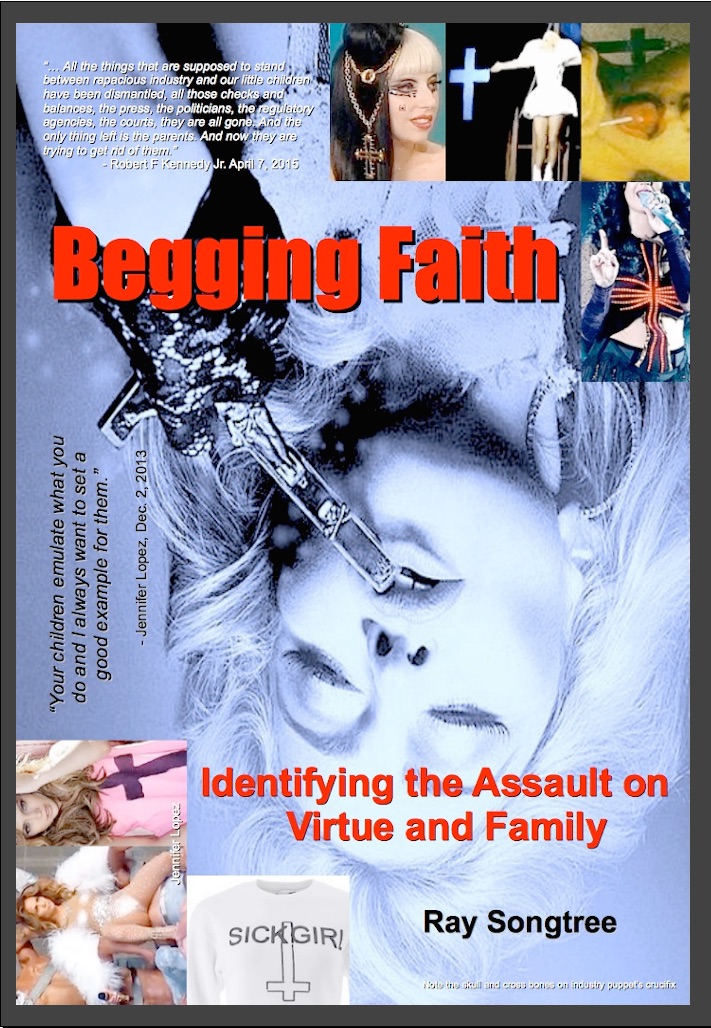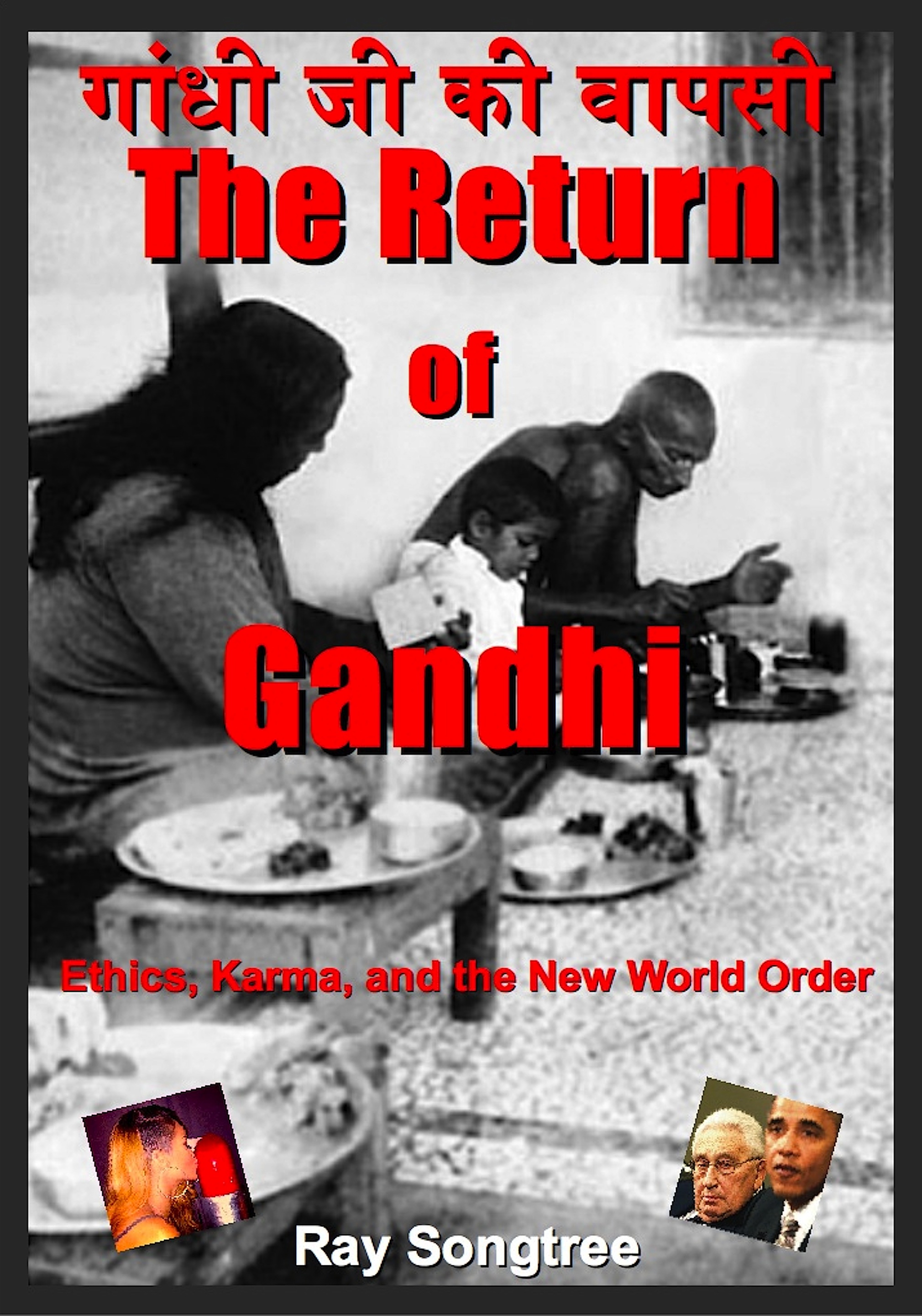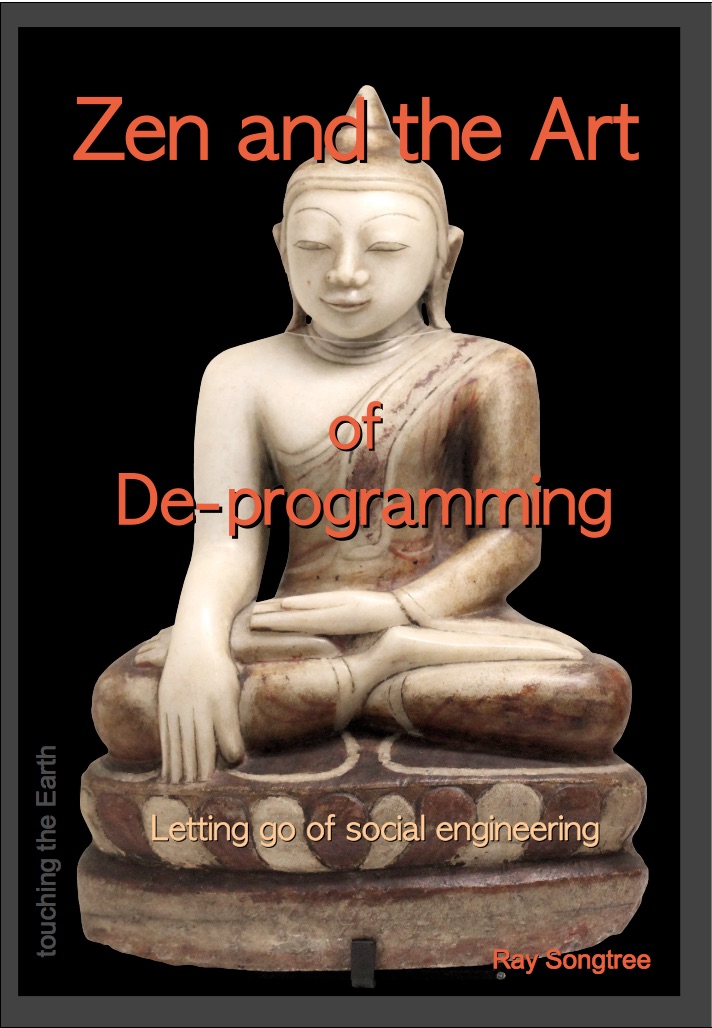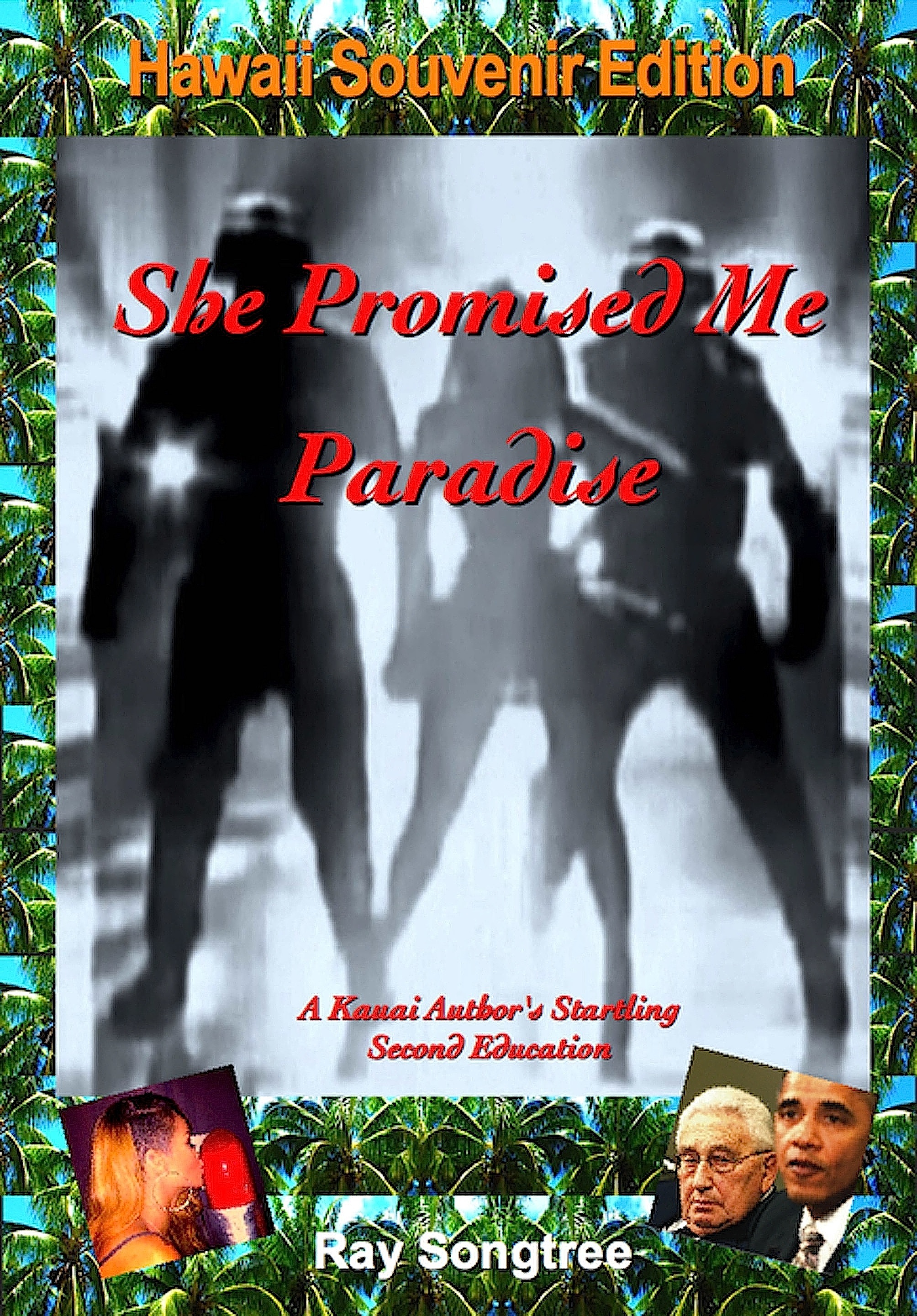“Progress [the uncontrollable God] now requires humanity coming together not just as cities or nations, but also as a global community.” – Translation….Zuckerberg will sacrifice all local communities to be homogenized under one world order.
BIG ZUCKER IS WATCHING
Facebook boss Mark Zuckerberg hints at SECRET plans to use artificial intelligence to censor and spy on users
Social media supremo appears to have accidentally revealed scheme to monitor ‘private’ communications
MARK Zuckerberg appears to have accidentally revealed plans to use artificial intelligence to spy on Facebook users’ private messages in a bid to combat “terrorism”.
The billionaire hinted at this controversial scheme in an early version of a 6,000-word manifesto about Facebook’s future.
 He He is always shown being so excited. Read more about his CIA past here.
He He is always shown being so excited. Read more about his CIA past here.Once the final long document was released to the public, all mention of it seemed to have disappeared. [So that people won’t scrutinize it.]
“The long term promise of AI is that in addition to identifying risks [Risks to what? Risks to the state?] more quickly and accurately than would have already happened, it may also identify risks that nobody would have flagged at all including terrorists planning attacks using private channels, people bullying someone too afraid to report it themselves, and other issues both local and global,” he wrote on a version of the document given to Associated Press.
But here’s what the published version of the document said: “Looking ahead, one of our greatest opportunities to keep people safe [Oh brother, we are not safe. AI will save us] is building artificial intelligence to understand [control] more quickly and accurately what is happening across our community.” [Because it has to be managed from the top.]
It added: “Going forward, there are even more cases where our community [the one world community] should be able to identify risks related to mental health, disease or crime.”
Big Zucker sits at the helm of one of a social network which could easily be turned into one of the most powerful surveillance systems the world has ever seen. [It already is.]
Facebook users appear happy to hand over vast amounts of information about themselves to Zuck’s social network and they are often too busy sharing selfies to realise their privacy is under threat.
His [alleged] charitable body recently funded the development of a brain implant with the potential to record people’s thoughts.
Although this is designed to help disabled people interact with prosthetic limbs, it set alarm bells ringing among paranoid people who believe technological progress will come at the expense of human freedom.
In his epic manifesto, he set out plans for world domination and vowed to abolish loneliness. [Individuality and privacy.]
He wrote: “Our job at Facebook is to help people make the greatest positive impact [on every other culture] while mitigating areas where technology and social media can contribute to divisiveness and isolation.” [Unique cultures will be crushed.]
“Progress now requires humanity coming together not just as cities or nations, but also as a global community,” he added.
The Zuckerberg Manifesto: Are we ready for a Facebook-led world? [Do you have a choice?]
Mark Zuckerberg’s open letter promises a socially responsible Facebook of the future that’s decentralized, personalized, and built on AI.
—Facebook chief executive officer and chairman Mark Zuckerberg has released an open letter outlining Facebook’s mission going forward.
Extending far beyond the well-trod territory of fake news and privacy concerns, some are calling the sprawling 5,800-word treatise a “manifesto,” because it lays out a new world order, one with the social media giant at the center.
It all comes down to, in a word, community. Founder Mr. Zuckerberg sees Facebook as more than merely a platform for sharing cat videos, but a dense web of interpersonal connections that his company can harness to improve support, safety, information sharing, civic engagement, and inclusivity worldwide. And maybe sell a few ads along the way.
Think his vision for a Facebook-led future too grandiose? Zuckerberg’s letter, published Thursday, argues that the transformation is already underway.
From the opening paragraphs, Zuckerberg makes no bones about the role he sees Facebook playing in the world.
“History [empire] is the story of how we’ve learned to come together in ever greater numbers – from tribes to cities to nations. At each step, we built social infrastructure like communities, media and governments to empower us to achieve things we couldn’t on our own,” he wrote.
And it’s hard to deny that Facebook has emerged as just such a force. With almost 2 billion users, more than half of whom engage with the platform daily, the Facebook “community” is almost certainly the largest and most diverse social group in the history of humanity.
But while we scroll and chat, the Facebook interface largely melts into the background, making it easy not to realize just how much power the behemoth social network commands.
Did you see the site’s “donate to Nepal” button after the 2015 earthquake? More than three-quarters of a million people did, and donated, raising over $15 million. How about the “Are you registered to vote?” banner? That message helped get over 2 million people to the polls. These were the largest crowdfunded relief effort and among the biggest voter turnout operations in history, respectively, according to Zuckerberg.
Those feats were possible because Facebook so effectively captures users’ attention: a resource it traps with addicting videos and pictures of our friends, before harvesting it and selling it off to advertisers. Now, after a presidential campaign that underscored Facebook’s centrality to, not just how people socialize, but also to how they vote and view the world, the company looks to continue capitalizing on that process for community building, which could spread its reach even further.
Zuckerberg’s missive outlines five pillars for Facebook’s current and future roles: filling the community void left by declining social participation in organizations like churches and volunteer groups; improving global safety; creating informed citizens, amid a barrage of ‘fake news’ that thrives on social media; inspiring political engagement; and building an inclusive platform where people feel safe from harassment.
The letter points out that much is already being done to achieve these goals. People around the world facing a similar challenge can gather in Facebook groups for meaningful discussions, for example, and Facebook can help users stay safe by showing “Safety Checks” and Amber Alerts. But Zuckerberg also recognizes the platform is suffering its fair share of growing pains.
Its immense size and vast scale pose numerous challenges. Take inappropriate material, for one example: with roughly 2 billion diverse users, and an unimaginable amount of content being posted daily, Facebook employees are inundated with posts flagged as offensive, not to mention stories users flag with new fake news reporting tools.
To hear Zuckerberg tell it, the future of Facebook is a personalized, decentralized system, with AI filling in the gaps people can’t.
To keep the community inclusive, the platform could turn to personalized content policies, Zuckerberg says.
“The idea is to give everyone in the community options for how they would like to set the content policy for themselves,” he writes. “Where is your line on nudity? On violence? On graphic content? On profanity? What you decide will be your personal settings…. For those who don’t make a decision, the default will be whatever the majority of people in your region selected, like a referendum.”
To fight sensationalized, fake news, he proposes a decentralized approach: “Let people see where their views are on a spectrum and come to a conclusion on what they think is right. Over time, our community will identify which sources provide a complete range of perspectives so that content will naturally surface more.”
And artificial intelligence has a prominent role to play in all these plans. For example, Facebook is currently developing software to distinguish between terrorism recruitment material and news about terrorism, but may eventually use it to enforce the community determined standards of what is, and isn’t offensive.
But some are skeptical of Facebook’s altruistic motives, and its ability to positively impact the world. Ultimately, greater connectivity will mean more eyeballs to sell, which will be good for the company’s bottom line.
Others are concerned that social media paradoxically isolates more than it connects. Multiple studies have shown that too much passive scrolling can make users feel unhappy and lonely, and have criticized Facebook’s breed of “connection” as superficial compared with in-person friendships.
And while some media critics have applauded Facebook’s new initiatives against fake news and so-called news bubbles, some wonder if the “spectrum of positions” perspective on sensational headlines is naive. “These bubbles have not been imposed upon the public – it was what the people want,” Paul Levinson, a professor of communication and media studies at Fordham University in New York, told the Monitor in December.
Zuckerberg is the first to admit that the answers to these questions won’t all come from Facebook, saying he only believes they can “play a role.” How large he understands that role to be though, is a bit less modest.
“Our world is more connected than ever, and we face global problems that span national boundaries. As the largest global community, Facebook can explore examples of how community governance might work at scale,” he wrote.
Rumors swirl of a 2020 presidential run, but Zuckerberg may have set his sights even higher. After all, who would settle for the attention of 319 million when they already have two billion?
[The tech is not “our community.” See link to find out what Zuckerberg is doing in Israel to the Palestinian community.]





